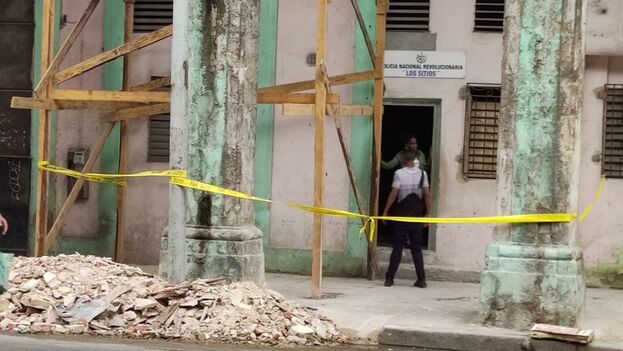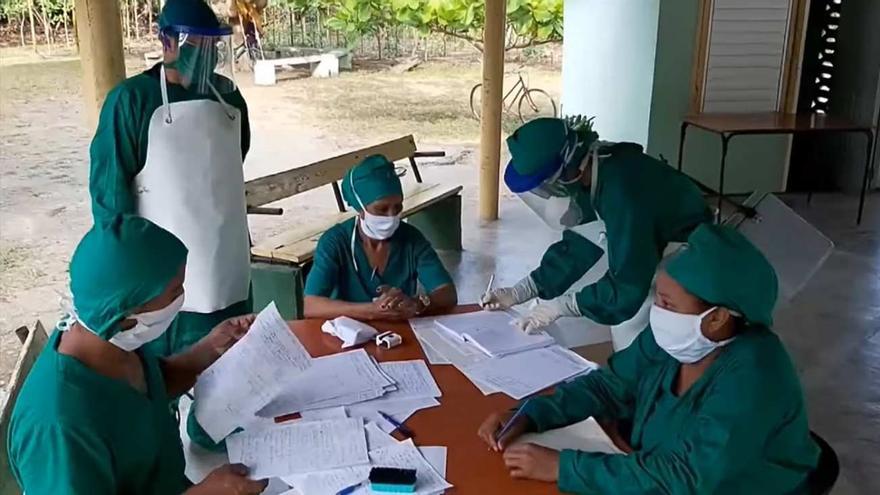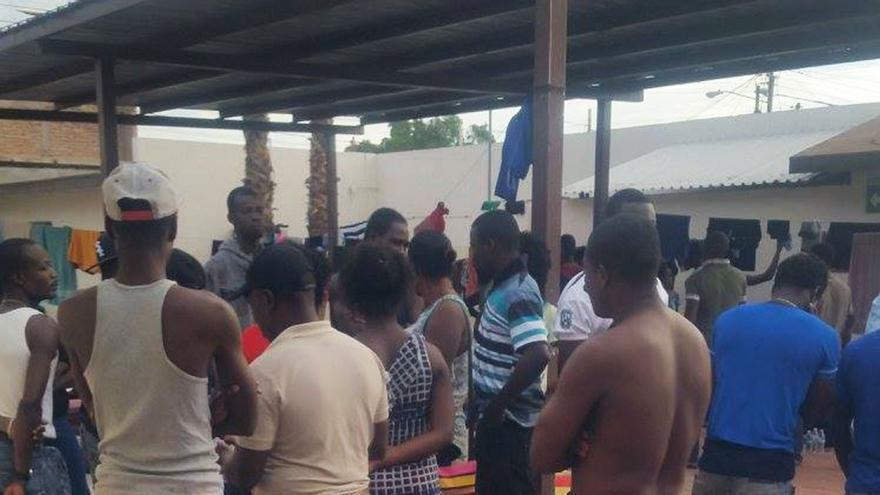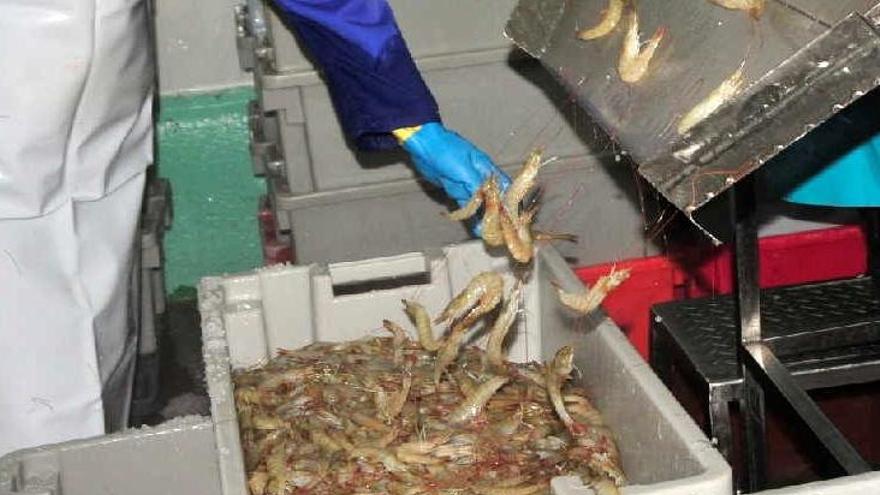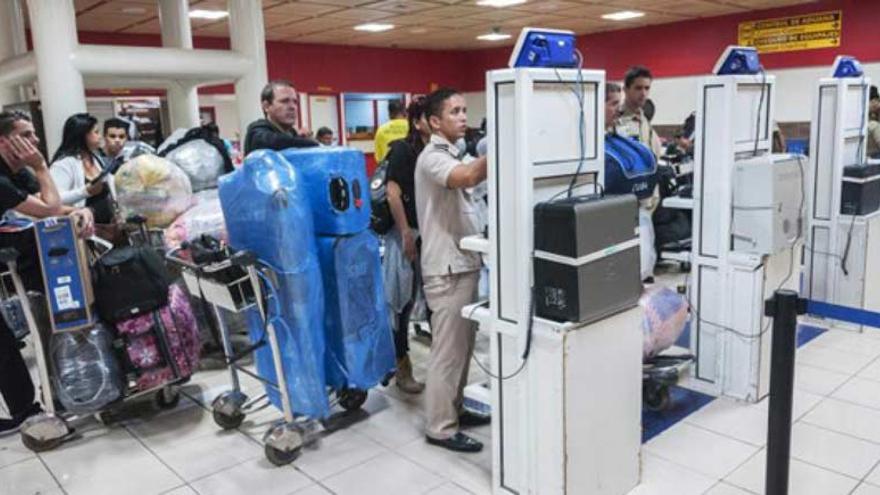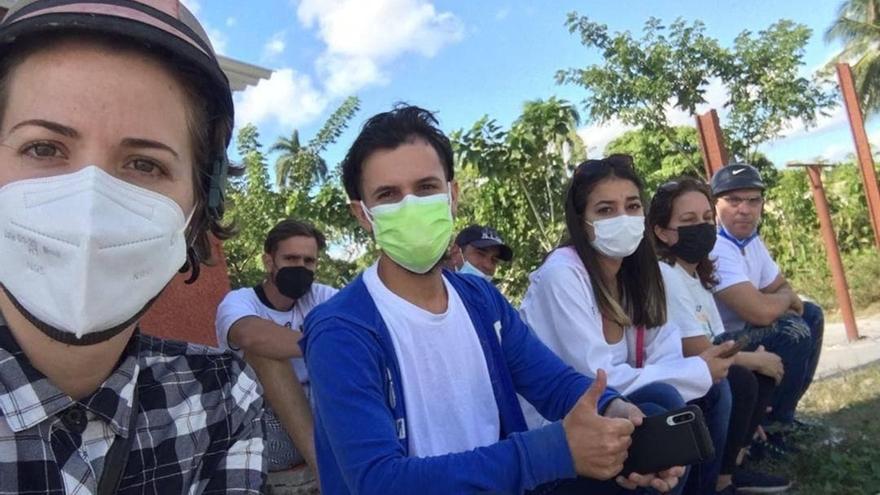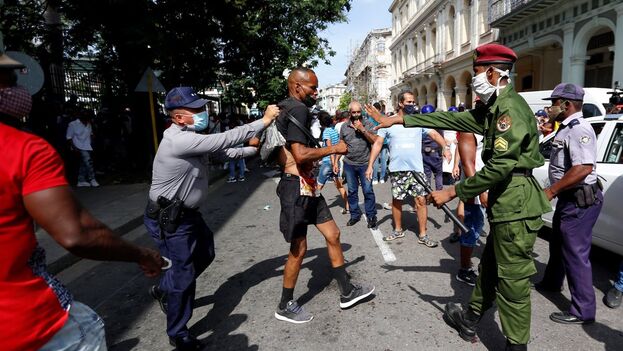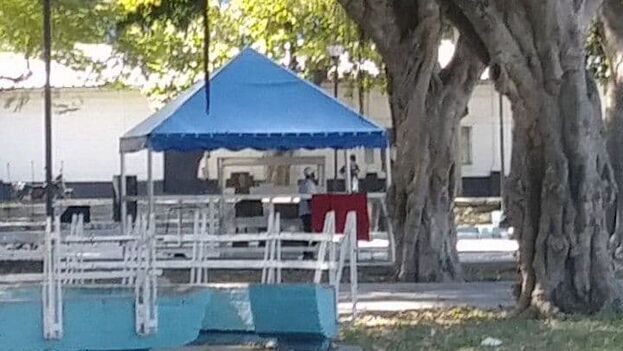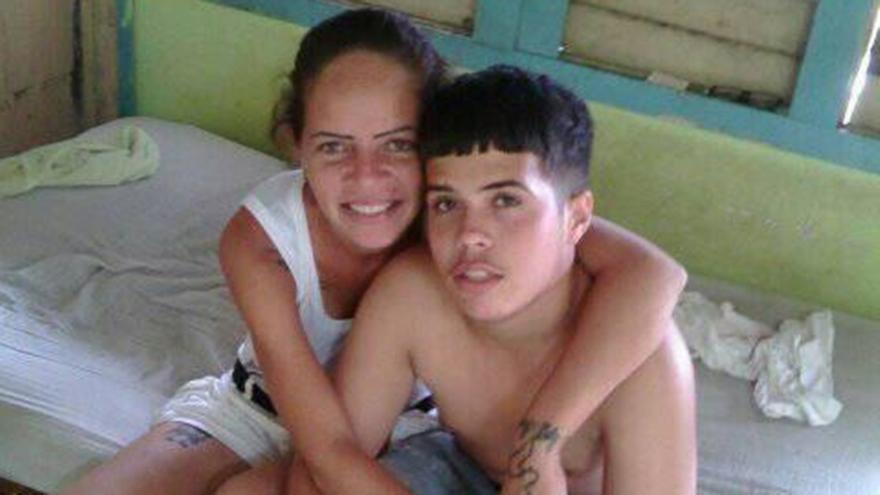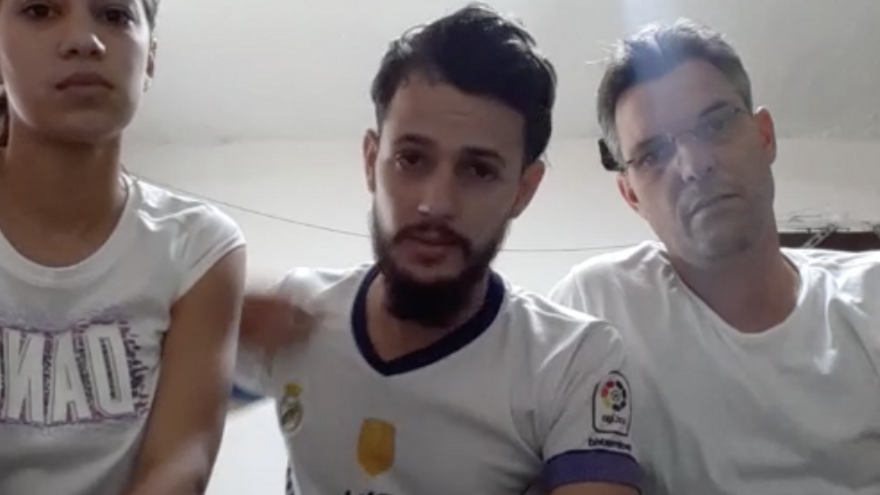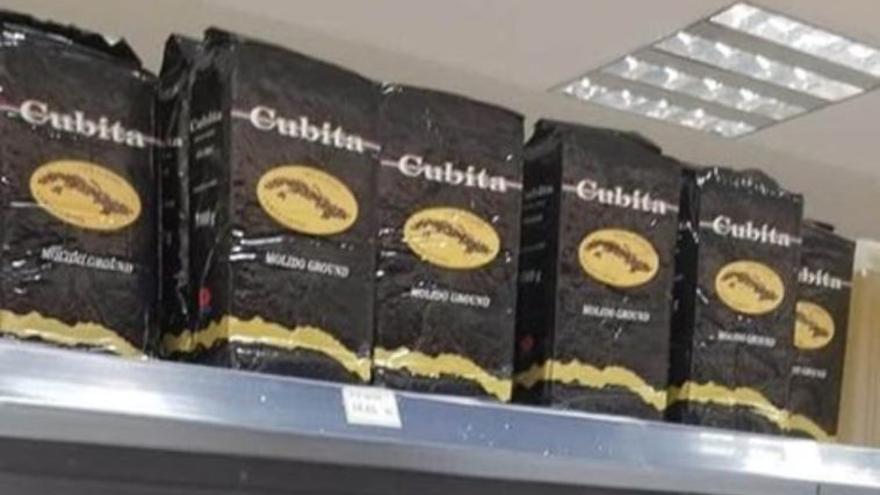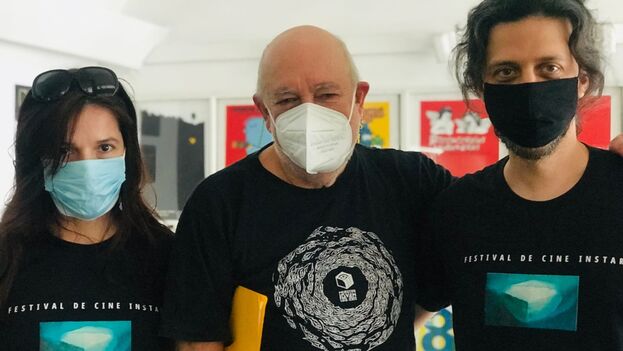
![]() 14ymedio, Luz Escobar, Havana, 7 December 2021 — Repression on the island frustrated “through despicable acts of repudiation” the November 15th march (15N), events that marked “a before and after in the recent history of Cuba,” filmmaker Rolando Diaz denounced in Havana. The creator, who left the country in the mid-90’s, spoke to the public who attended the Acapulco cinema on Monday night to watch his film Dossier de Ausencias, a Dominican film that has just won the Best Production Award at the Festival Ibero-Latinoamericano in Trieste, Italy.
14ymedio, Luz Escobar, Havana, 7 December 2021 — Repression on the island frustrated “through despicable acts of repudiation” the November 15th march (15N), events that marked “a before and after in the recent history of Cuba,” filmmaker Rolando Diaz denounced in Havana. The creator, who left the country in the mid-90’s, spoke to the public who attended the Acapulco cinema on Monday night to watch his film Dossier de Ausencias, a Dominican film that has just won the Best Production Award at the Festival Ibero-Latinoamericano in Trieste, Italy.
In his words, he not only rejected the acts of repudiation that took place against the activists who participated in the call for the Civic March for Change of 15N, but also sent a message of solidarity to young filmmakers of the Island who are suffering censorship by State institutions.
“Those without a voice have the right to have it. I consider myself part of the national cinema, especially of what has been accomplished by young, highly talented filmmakers, such as Carlos Lechuga, Miguel Coyula, José Luis Aparicio, Fernando Fraguela, Carlos Quintela, Heidi Hassan and Patricia Pérez. The last three are already in exile,” he said during the presentation that was part of the 42nd edition of the New Latin-American Film Festival, which takes place in the Cuban capital between December 3rd and 12th.
Díaz also considered that ignoring “the courage of those who only ask for the right to speak, think differently and demonstrate peacefully” would be “a cowardly act” for not recognizing those truths. continue reading
Speaking to 14ymedio on Tuesday, Rolando Díaz said that, for him, “it is very important” to make this type of “sincere and honest statement” because “the way the official press behaves” is already known
A director of well-known films, such as Birds Firing the Shotgun and En Tres y Dos, Díaz received a public ovation at the end of his speech, and he stated: “I cannot conceive of a country without diverse voices, fear, that fear that I feel for expressing these ideas now, it devours the soul. Those who like movies know what I’m talking about. Fear devours the soul, but dignity is the only antidote to eating ourselves alive.”
Speaking to 14ymedio on Tuesday, Rolando Díaz said that “it is very important” for him to make this type of “sincere and honest statement” because “the way the official press behaves” is already well-known.
“I am afraid that my press conference this Tuesday will only be used in terms of ‘just another one who was in attendance at the event, who participates in a film and no more’. I wholly reaffirm my statement from yesterday, and want to reaffirm that this is my true belief and my true feelings about my presence in Cuba at this Havana Festival.”
In his presentation at the Acapulco cinema, Díaz insisted that, although he is a Spanish national and has been living outside the country for 30 years, he is also Cuban and that, since he had not visited Cuba for a long time, he wanted to make that “kind of statement” before his public.
The director stated that his relationship with the Festival of New Latin-American Cinema “has been controversial” since he left Cuba, because some of his films made outside the country such as Melodrama, (1995), “were badly mistreated” and their “exposure was very limited.” Something similar happened with Si me Comprendieras, another Cuban-themed film, which was even banned from being shown at the University of Havana in 1999.
“I wholly reaffirm my statement from yesterday, and want to state that this is my true belief and my true feelings about my presence in Cuba at this Havana Festival”
“Then I shot Cercanía in Miami, a film with Reinaldo Miravalles, Carlos Cruz and many other Cuban actors and it was not selected. I sent it to the Festival and it was not selected. Aissa’s Roads, a documentary that I also made in Spain about migration, was placed in an international documentary film show but it went under the table,”,added Díaz in his statement.
The filmmaker Carlos Lechuga thanked Díaz for his words with a post published on his Facebook profile, and he highlighted Díaz’s decency and courage to stand up and say things as they are.”
“I admired this director and now I do so much more,” he added.
In the same way, actress Lynn Cruz considered Díaz’s words very important and transcribed her statement on her social networks. “Because it is in this space where both institutionalized and independent people have been censored, where it is possible to question and criticize those who, protected by a cultural policy, exclude films, filmmakers, actors, and film professionals in Cuba.”
Translated by Norma Whiting
____________
COLLABORATE WITH OUR WORK: The 14ymedio team is committed to practicing serious journalism that reflects Cuba’s reality in all its depth. Thank you for joining us on this long journey. We invite you to continue supporting us by becoming a member of 14ymedio now. Together we can continue transforming journalism in Cuba.

